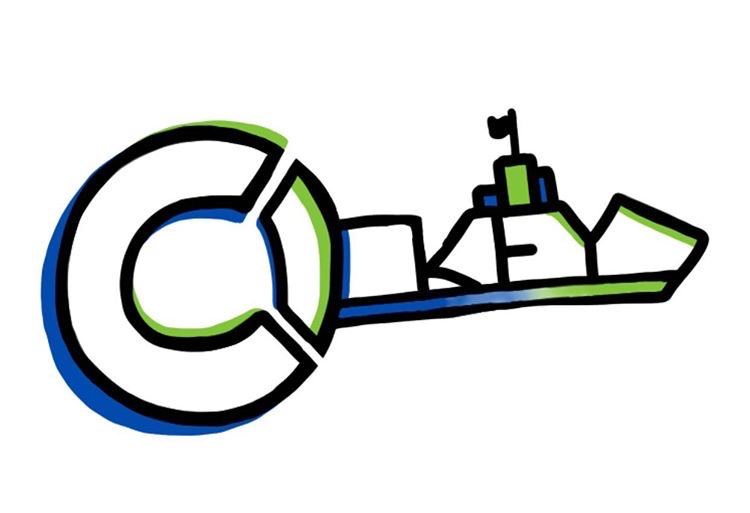The College Key Foundation’s free summer fellowship began on July 6 with the goal of helping underrepresented groups with the college admission process. The four-week fellowship is targeted towards rising high school seniors. During the first three weeks, students focus on standardized testing, college essays and building a college list. In the final week of the program, students are invited to listen to a career panel consisting of speakers working at Google, Microsoft and other organizations, all over Zoom.
“The foundation is basically a nonprofit that helps to connect students with resources to access higher education,” said Jacky Huang, the College Key Foundation president and rising freshman at Harvard. “We have a lot of initiatives that also specifically address and help students in underrepresented groups which include first-generation and or low-income minorities, women in STEAM, LGBTQ plus, DACA immigrants and … a lot of different minority and underrepresented groups.”
Huang said that one of the most beneficial parts of the fellowship is the mentorship program. The foundation has worked hard to match each student with a mentor and to find mentors from a variety of different places. As of press time, approximately 280 mentees and 250 mentors have submitted an application.
“We really are trying to reach as many students as possible and open up paths for them so they can see that … there are options … also, there’s your local university: say like community college or even your State University,” Huang said.
Lucas Leanza ’23, College Key Foundation vice president and rising sophomore at Stanford added: “We try to maximize matches [between] the mentor and the mentee — their characteristics and their traits. At the end of the day, what we really want is somebody that they can feel identified with.”
Niki Salunke ’24, a College Key Foundation mentor and a rising freshman at Stanford, said that being a mentor has been a “fun and rewarding process.”
“As a mentor, I am as much a student as my mentee,” she said. “Talking with my mentee and hearing the stories she has to share has and continues to lead me to reconsider my own frameworks. In other words, I’ve found mentorship to have more so a team dynamic, with both myself and my mentee working together to benefit one another and grow together.”
Huang’s inspiration to create the non-profit in late May came from his personal experiences. As an immigrant from China, he didn’t know much about the college admissions process.
“I seriously didn’t think that students from top schools like Harvard or Stanford existed [in] the same universe as I did,” he said. “I’m from a super small town in South Carolina. People don’t go to places [Stanford and Harvard]. I didn’t even know you had to take your SAT or your ACT.”
Leanza is also an immigrant; he moved to the United States from Argentina when he was 14.
“We are underrepresented students working to help underrepresented students at the end of the day,” Leanza said.
Leanza and Huang attribute much of their success in their first few months to the generosity and compassion of the foundation’s board members, the mentees who volunteered and anyone else who has helped them.
“I think that it really speaks to the human spirit,” Leanza said. “How much one can reach and how much one can help just by using one’s own experiences to help others.”
Contact Tyler Pak at tylerypak ‘at’ gmail.com.
